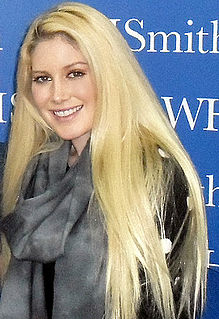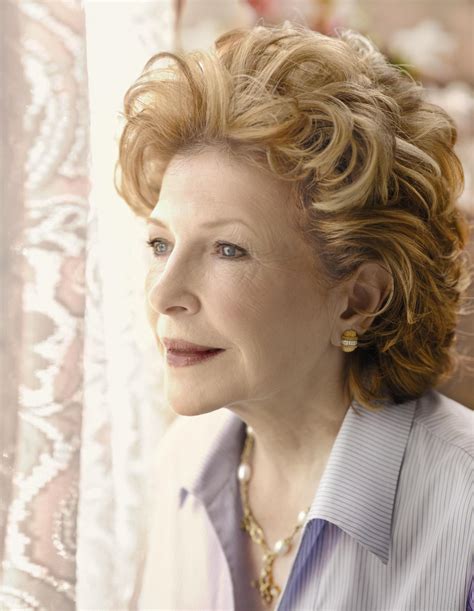A Quote by David Plotz
I seem to have three categories of readers. The first is nonbelievers who are glad that I am reading the Bible so they don't have to bother. The second group, which is quite large, is very Biblically literate Jews. And the third, which is also very large, is Christians, most of them evangelical. The evangelical readers and the Jewish readers have generally been very encouraging, because they appreciate someone taking the book they love so seriously, and actually reading it and grappling with it.
Related Quotes
The Librarian considered matters for a while. So…a dwarf and a troll. He preferred both species to humans. For one thing, neither of them were great readers. The Librarian was, of course, very much in favor of reading in general, but readers in particular got on his nerves. There was something, well, sacrilegious about the way they kept taking books off the shelves and wearing out the words by reading them. He liked people who loved and respected books, and the best way to do that, in the Librarian’s opinion, was to leave them on the shelves where Nature intended them to be.
It is possible to argue that the really influential book is not that which converts ten millions of casual readers, but rather that which converts the very few who, at any given moment, succeed in seizing power. Marx and Sorel have been influential in the modern world, not so much because they were best-sellers (Sorel in particular was not at all a widely read author), but because among their few readers were two men, called respectively Lenin and Mussolini.
Along the way, about certain things, you realize, "I don't know anything about this." You think, "Is this going to sound ridiculous?" So I pestered more than a hundred different people over the course of the book. And when I finished the book I gave it to six or seven trusted readers, who are always the same, but I also gave it to a brother of mine who's a doctor and I asked him to read it, and he was very helpful. It's good to have a group of trusted readers. As my kids have grown up, they've joined this group.
Some readers sort of suspect that you have another book that you didn't publish that has even more information in it. I think that readers sort of want to be taught something. They have this idea that there's a takeaway from a novel rather than just the being there, which I think is the great, great pleasure of reading.
Evangelical women are also large consumers of evangelical media and ministries, and their support of these organizations is crucial. Should they shun both Trump and the predominately male evangelical leadership, it may have a ripple effect in these organizations' fundraising abilities and their ministerial efforts.
































